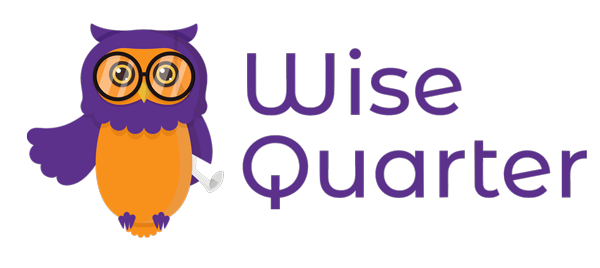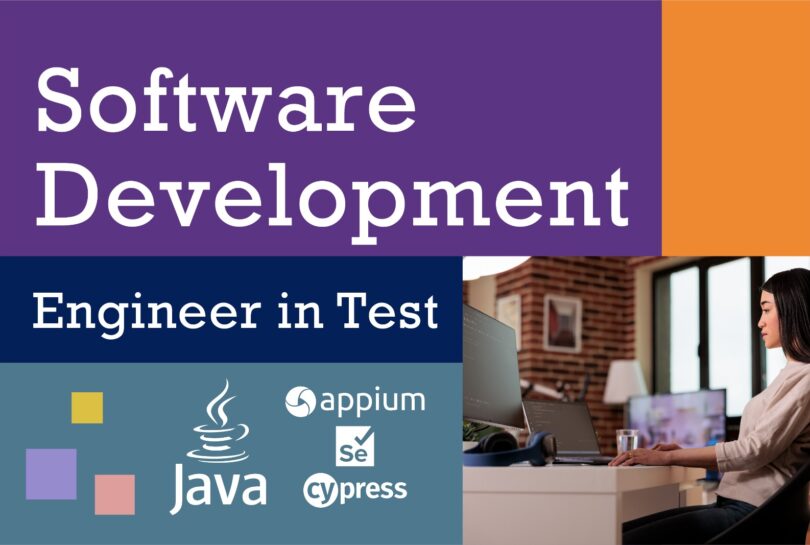




Wise Quarter IT Bootcamp Courses
At Wise Quarter, we strive to provide our students with more than just the technical skills they need to enter the world of technology.
Our bootcamp courses are designed to give learners an engaging and comprehensive experience that leaves them ready to launch a successful career in tech.
By taking advantage of our six-month course, you will have access to all the instruction necessary to become proficient in aspects such as Salesforce developer internship, Java programming course, QA testing, Salesforce development, Selenium Automation Testing, Software Development Engineer in Test, and cyber security.
With our expert distance learning approach designed for ambitious students of any background or experience level, you can trust in Wise Quarter to get you where you want to be in your IT career journey.
Expert Teachers
Meet our expert teachers around the world making a difference in your life
Reasonable Price
We offer reasonable prices for learners from all economic backgrounds
Trusted by Course Takers
Our students are 100% satisfied with our teachers and course contents
On-Time Courses
We never cancel courses. They are all on time.
Courses We Offer

Salesforce Developer

Software Development Engineer in Test - SDET

Free Salesforce Bootcamp

Salesforce Developer Internship

Salesforce Administrator

Free Java

Cyber Security

Free Cyber Security
Personal Career Moments
-Empowering YOU!
-1-on-1 sessions (career coaching to design, strategize, ideate & discover your career journey).
-Mock interviews
-CV advice
-Career conversations
Career Skills Labs
-Develop YOUR Career Competencies
-Build your personal brand (CV, Cover Letter, LinkedIn and more)
-Interview trainings
-Networking trainings
Career opportunities
Career opportunities are provided to our students by the career management service department.
Career Inspiration Sessions
Inspirational moments at the career inspiration sessions for our current and alumni students.
Courses Upcoming
Student Reviews
Offering Mentoring Programs
Students have the opportunity to get mentoring sessions from those who are experts in their fields.

















